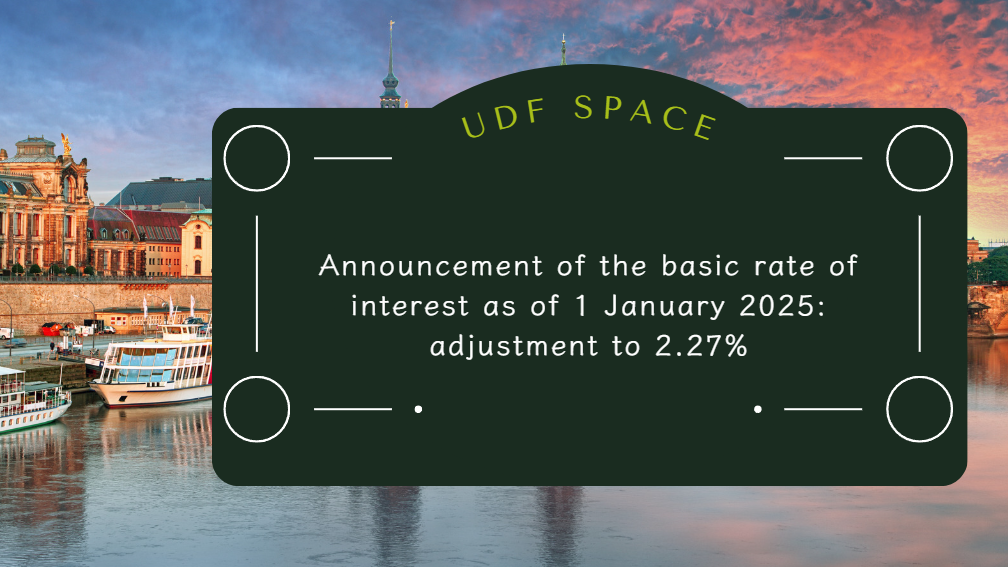Hong Kong Joins Global Tax Reform: New Rules to Level the Playing Field for Multinationals
Hong Kong has taken a major step in global tax reform by gazetting the Inland Revenue (Amendment) (Minimum Tax for Multinational Enterprise Groups) Bill 2024. This new legislation brings the city in line with the OECD's Base Erosion and Profit Shifting (BEPS) 2.0 framework, aiming to create a fairer tax environment globally. The changes are set to roll out in 2025 and will introduce a global minimum tax alongside Hong Kong's own minimum top-up tax (HKMTT) for large multinational enterprises (MNEs).
////
What's Changing and Why It Matters
ONE

Here's the big picture: If you're a multinational group pulling in €750 million or more a year, your effective tax rate must hit at least 15% in every country you operate in. That's the crux of the BEPS 2.0 framework, which over 140 jurisdictions, including Hong Kong, have already embraced.
Why does this matter? It's about cracking down on profit-shifting—where companies move profits to low-tax havens to pay less tax. By ensuring a minimum tax rate, the reforms aim to reduce harmful tax competition and level the global playing field for businesses.
Hong Kong's HKMTT ensures that if a qualifying company's effective tax rate here falls below 15%, the city will collect the difference. This keeps tax revenues within Hong Kong rather than allowing other jurisdictions to swoop in and claim them. For businesses, this also means avoiding extra tax bills in other regions—a win-win for compliance and clarity.
////
The Numbers Speak:
Billions in Revenue and Global Standing
TWO

Hong Kong stands to gain big from this reform. Starting in 2027-28, the HKMTT is expected to rake in an extra HK$15 billion annually. But beyond the numbers, it's a move that strengthens Hong Kong's reputation as a responsible player in global finance.
Christopher Hui, Secretary for Financial Services and the Treasury, summed it up: “As an international financial center, Hong Kong is committed to combatting tax evasion while showcasing our many advantages—our simple and transparent tax system, world-class infrastructure, and robust connections under the 'one country, two systems' framework.”
////
From Consultation to Legislation: A Collaborative Effort
THREE
This isn't a top-down move. The government held a public consultation from December 2023 to March 2024, gathering input from business groups, tax experts, and other stakeholders. Their feedback helped shape the Bill, addressing concerns around the design of the HKMTT, compliance requirements, and timing.
To help companies adapt, the Inland Revenue Department has set up a dedicated support team and will roll out user-friendly online resources to clarify the new rules.
////
What It Means for Businesses
FOUR
For multinational companies operating in Hong Kong, the new tax rules bring both challenges and opportunities. On one hand, there's an adjustment to a higher tax threshold. On the other, Hong Kong's clear framework and support services reduce the risk of unexpected costs in other jurisdictions.
The message is clear: Hong Kong is serious about aligning with global standards while making life easier for businesses navigating this new terrain.
////
A Step Toward Fairer Global Taxation
FIVE
The introduction of the HKMTT is more than just a local tax reform—it's part of a broader global shift towards fairer taxation. By reducing incentives for profit-shifting and fostering healthy competition, the reform sets the stage for a more balanced economic landscape.
With the Bill scheduled for its first reading in the Legislative Council on January 8, 2025, Hong Kong is proving that it can embrace global change while staying true to its role as a top-tier international financial hub. For businesses and governments alike, the message is clear: fair tax practices are no longer optional—they're the future.





















































First, please LoginComment After ~